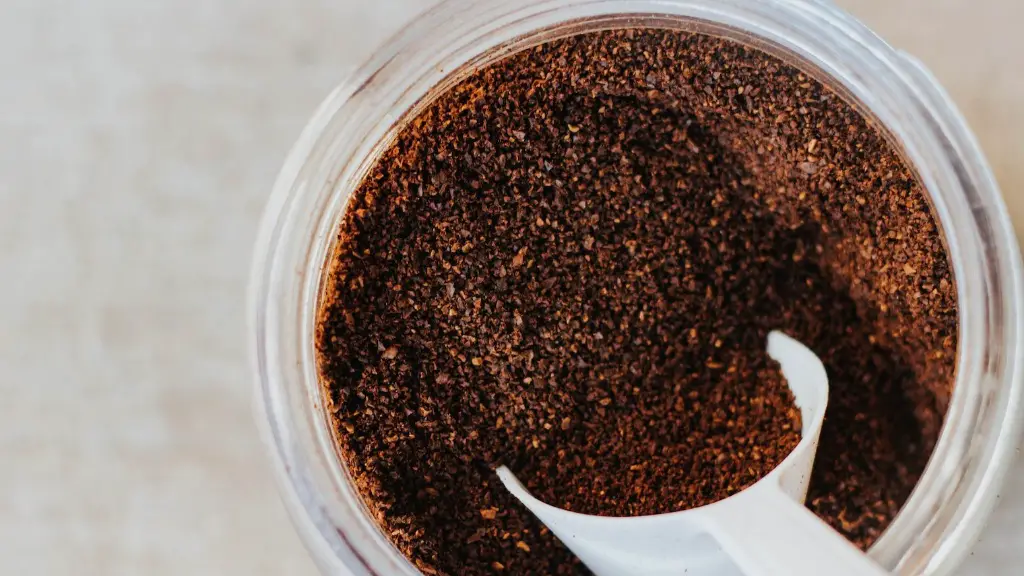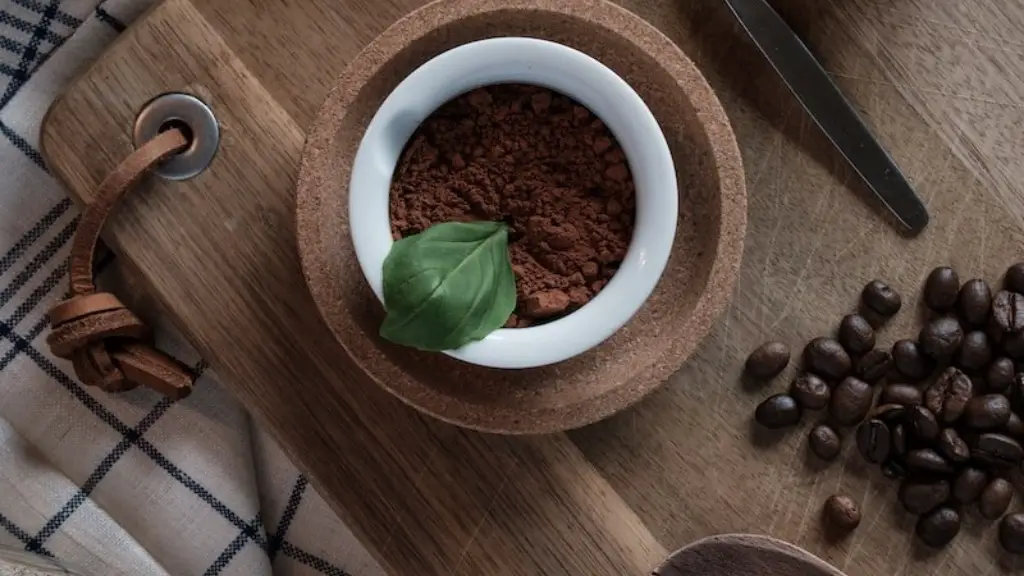Background Information
Fasting blood tests are tests that are done with individuals who are unexposed to food, drink or other non-prescribed medications for a period of time prior to their test. Depending on the type of fasting blood test, this time frame can be anywhere from 8-12 hours within a 24 hour period. The most common type of fasting blood tests are ones that analyze molecules such as glucose and lipids, as well as hormones like cortisol, thyroid hormones or reproductive hormones. Doctors use the results from these tests to diagnose and assess patient health conditions and determine the best course of treatment.
Can You Drink Coffee For Fasting Blood Test?
The short answer is that it depends on the type of test and the doctor’s specific instructions. Generally speaking, most doctors advise against drinking coffee prior to a fasting blood test, as caffeine can affect the results of the test. However, some people may be advised to drink coffee just before their blood is drawn.
When it comes to fasting blood tests, it’s important to follow the doctor’s orders. If a doctor has said it is OK to consume coffee, it is ok to drink it; otherwise, it is not advised. If a doctor advises against drinking anything before a fasting blood test, it’s best to follow those instructions. Caffeine could affect the results of the test, so it’s important to be aware of this when considering drinking coffee prior to a fasting blood test.
Caffeine And Its Effects On Fasting Blood Test
Caffeine is known to interfere with the results of certain tests, including glucose, lipid and hormone tests. Caffeine can interfere with the absorption of glucose in the small intestine, leading to incorrect glucose levels in the blood sample. It can also increase lipids in the blood sample, leading to inaccurate results. Additionally, caffeine can also increase levels of certain hormones such as insulin and ACTH, which can lead to incorrect measurements of hormones in a fasting blood test.
Caffeine can affect the results of a fasting blood test in two ways – directly and indirectly. If a person drinks coffee immediately before the test, the caffeine will directly enter the bloodstream and can influence the test results. Even if a person drinks coffee several hours before the test, the caffeine can still be in the bloodstream and can affect the results. In order to ensure accurate results, it is important to avoid drinking caffeinated beverages for a period before the test.
Other Factors To Consider
In addition to caffeine, certain other food and beverages can interfere with the results of a fasting blood test. It’s important to avoid consuming alcohol within 24 hours of the test, as it could impact the results of certain tests. Additionally, some foods, such as high-fat foods, should be avoided before a fasting blood test, as the fat content could interfere with the results.
It’s also important to follow other instructions given by the doctor. Depending on the type of test, the doctor may recommend avoiding a certain type of food or drink prior to the test. For example, a doctor may recommend avoiding dairy products or high-sugar foods before a fasting blood test. Additionally, the doctor may also advise against taking any medications before the test.
Professional Recommendations
Experts recommend that individuals follow their doctor’s instructions before and during a fasting blood test. If a doctor recommends avoiding coffee or other caffeinated drinks before the test, it’s best to follow that advice. Additionally, it’s important to avoid any alcohol, high-fat foods or high-emission foods before the test. Additionally, some doctors may advise against taking any medications before the test, so it’s important to follow those instructions as well.
It is also important to be aware of the potential effects of caffeine on fasting blood tests. Caffeine can interfere with the results of certain tests, such as glucose, lipids and hormone tests. Therefore, it is best to avoid drinking caffeinated beverages prior to the test in order to ensure accurate results.
Practising Healthy Habits
It is important to practice healthy habits leading up to a fasting blood test. Doctors recommend following a health diet and avoiding caffeinated, alcoholic and sugary beverages. Additionally, some doctors may recommend avoiding certain medications prior to the test, so it is important to check with the doctor for instructions regarding any medications taken. Practising healthy habits and following instructions can help ensure accurate results from a fasting blood test.
On-Going Tests and Results
Fasting blood tests are just one of the many tests that doctors use to diagnose and assess patient health conditions. It is important to follow the doctor’s instructions for fasting blood tests and be aware of the potential effects of caffeine on the results. Additionally, it is important to practice healthy habits before and during a fasting blood test to ensure accurate results.
Patient Responsibilities
Patients should remember their responsibilities when it comes to fasting blood tests. It is important to listen to the doctor’s instructions and follow them. Additionally, it is important to practice healthy habits and avoid any foods or drinks that could affect the results of the test. Additionally, patients should be aware of the potential effects of caffeine on the results of the test and avoid drinking coffee prior to the test, unless instructed otherwise by the doctor.
Collected Data
When it comes to collecting data for fasting blood tests, it is important to follow the doctor’s orders. The data collected from fasting blood tests is used to diagnose and assess patient health conditions and determine the best course of treatment. Therefore, it is important to follow the doctor’s instructions and avoid any foods or drinks that could affect the results. Additionally, patients should be aware of the potential effects of caffeine on the results and should avoid drinking coffee prior to the test, unless instructed otherwise by the doctor.
Alternatives to Coffee
When abstaining from coffee before a fasting blood test, there are plenty of alternatives that can help with hunger and thirst. Water is always a great option, as it can help replenish fluids and boost energy levels. Additionally, black tea or green tea can be options as they contain a small amount of caffeine and can help boost energy levels. Additionally, many find that snacking on fruit, vegetables or nuts during a fast can help keep energy levels up and can be a healthier option than coffee.
Need for Further Testing
Fasting blood tests can provide doctors with information about a patient’s health, but other tests may be needed to help make a diagnosis. Other tests, such as urine tests, X-rays, scans or other medical tests may be necessary before the doctor can make a diagnosis. Therefore, it is important to listen to the doctor’s instructions and follow them in order to ensure that all necessary tests are done and accurate results are obtained.


